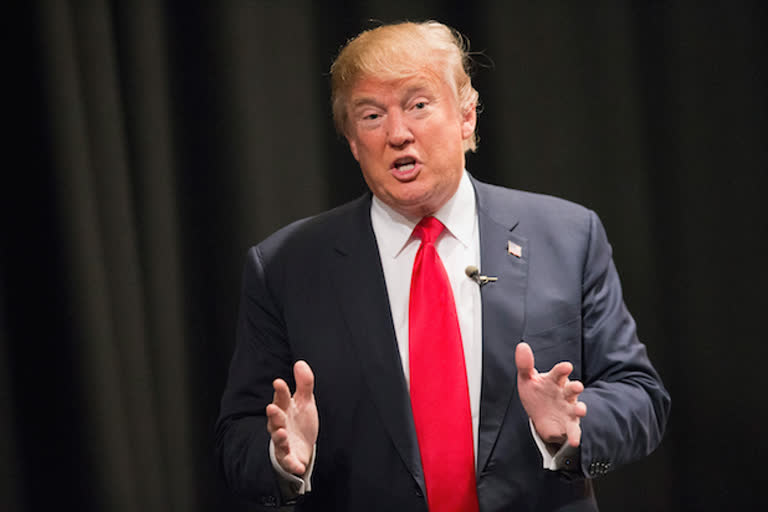Washington: The Trump administration is proposing a hike in the H-1B visa application fee to increase funding for the expansion of an apprentice programme, which trains American youths in technology-related activities, Labour Secretary Alexander Acosta told US lawmakers.
Testifying before a Congressional committee on an annual budget of the Department of Labour for the fiscal year 2020 beginning October 1, 2019, Acosta, however, did not give details of the proposed increase in H-1B filing fee and as to which categories of applicants it would be enforced on.
But given past experience, the Indian IT companies, which account for a large number of H-1B applications, are likely to face the additional financial burden because of this proposed increase in H-1B filing fees.
The H-1B visa is a non-immigrant visa that allows US companies to employ foreign workers in speciality occupations that require theoretical or technical expertise. The technology companies depend on it to hire tens of thousands of employees each year from countries like India and China.
Arguing that foreigners hurt American workers by competing for jobs and driving down wages, the Trump administration has tightened the noose around the H-1B visa programme. The Seattle Times on Monday reported that last year immigration officials denied nearly one out of every four requests for new visas for skilled foreign workers.
“In FY 2020, the Department's budget includes USD 160 million to continue our expansion of apprenticeship programmes, along with a proposal to increase H-1B fee revenues to fund additional apprenticeship activities,” Acosta said in his testimony on May 2 before the Senate Appropriations Committee — Subcommittee on Labour, Health and Human Services, Education and Related Agencies.
Read more:Mastercard commits $1 billion investment in India
Acosta told lawmakers that last year the Department of Labour had launched the first-ever sector-based apprenticeship grant funding opportunity to invest USD 150 million to expand apprenticeships in those in-demand industry sectors most often filled by individuals on H-1B visas, such as information technology, health care and advanced manufacturing.
